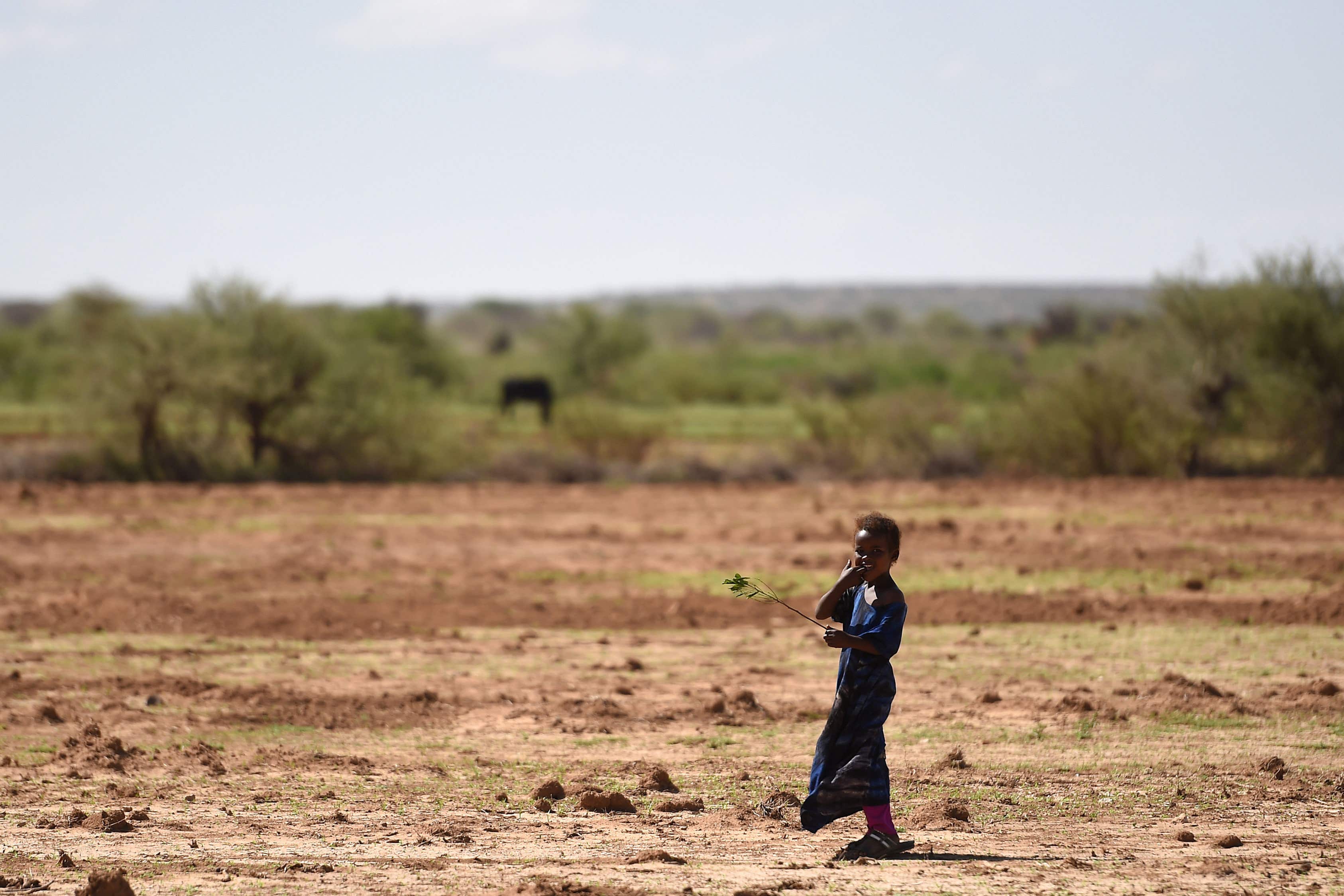UK’s £11.6bn climate aid commitment at risk, watchdog warns
Government has ‘moved the goalposts’ on the target, which has contributed to undermining the UK’s international leadership on climate, report warns.

The UK will struggle to meet its commitment to spend £11.6 billion helping poorer countries deal with climate change, the aid spending watchdog has warned.
In 2019, the Government pledged £11.6 billion over five years to 2025-26 to help developing countries curb emissions and cope with climate impacts, including £3 billion on restoring nature, half of which is for forests.
But it has “moved the goalposts” by changing how it calculates the target and reviewing existing aid programmes to include as international climate finance, the Independent Commission for Aid Impact (ICAI) said.
We are concerned that by altering its accounting methods and identifying existing spend as international climate finance to include that funding in the total, rather than providing new money, the UK is offering less additional assistance than was originally promised
This has produced an extra £1.724 billion towards enabling the Government to meet the target, none of which was new money for countries in need of help.
The watchdog raised concerns that the changes mean the UK is offering less additional assistance than was originally promised.
A rapid review from the watchdog, which reports to Parliament, also warns that even with the changes, the target will be “challenging” to meet, with 55% of the funding still to be spent in the last two years of the pledge.
Up to £3.8 billion is due to be spent in the last year of the pledge, after the next general election and at least one spending review.
That comes in the context of a squeeze on the overall aid budget and non-climate demands on the money.
“In the context of successive budget reductions to overseas development aid (ODA), serious concerns remain over whether the heavily backloaded spending plan can be delivered,” the report warns.
Trust in the UK’s international climate leadership has declined as a result of uncertainty about the UK meeting its £11.6 billion commitment, especially with the changes to how it is measured, as well as rolling back on net zero policies at home, the report said.
The review highlights competing demands on UK aid, due to escalating humanitarian crises and conflicts and cuts to the aid budget which has a ceiling of 0.5% of gross national income rather than the 0.7% it once was.
And current policies are leading to a significant proportion of aid being spent in the UK, through spending on asylum seekers and refugees here.
There is also a warning in the report that the changes to how spending is calculated means more is being channelled through loans rather than grants, and that climate finance is not championing women and girls.
But the review finds that – contrary to reports last year that 83% of the whole aid budget will have to go on climate finance – meeting the £11.6bn target would take up far less of the overall aid spend, down to 28% with the changes to how it is calculated.
The report urges the Government to produce detailed plans for meeting the £11.6 billion target, and produce an annual report to enable people to track if they are meeting their public commitments on climate finance.
Chief commissioner Dr Tamsyn Barton, who led the review, said: “With so many pressures on UK aid in the past few years, it is welcome that the Government continues to reaffirm its ambitious pledge on climate finance, which is key to helping the most vulnerable countries adapt and respond to global warming.
No more playing with lives via a spreadsheet, it’s time they got serious about the very real threat climate change poses to us all
“But we are concerned that by altering its accounting methods and identifying existing spend as international climate finance to include that funding in the total, rather than providing new money, the UK is offering less additional assistance than was originally promised.
“It may also not be as suited to the needs of the most vulnerable countries at risk from climate change, notably the least developed, conflict-affected and small island developing states.”
Zahra Hdidou, senior climate and resilience adviser at ActionAid UK, said: “The findings of the ICAI review seriously call into question the UK’s role as a global climate leader.
“Instead of providing the funding communities needed to adapt to climate change, the government has decided to engage in a cynical accounting trick that also endangers the UK’s development commitments.
“Over the last century, the UK has reaped colossal financial rewards all whilst contributing to the mass environmental destruction facing millions across the world.
“Instead of shifting numbers from one column to another to keep up appearances, we need the government to commit to new and additional climate funds that urgently recognise the sheer scale of this crisis.
“No more playing with lives via a spreadsheet, it’s time they got serious about the very real threat climate change poses to us all.”
The Foreign, Commonwealth and Development Office has been contacted for comment.
Bookmark popover
Removed from bookmarks